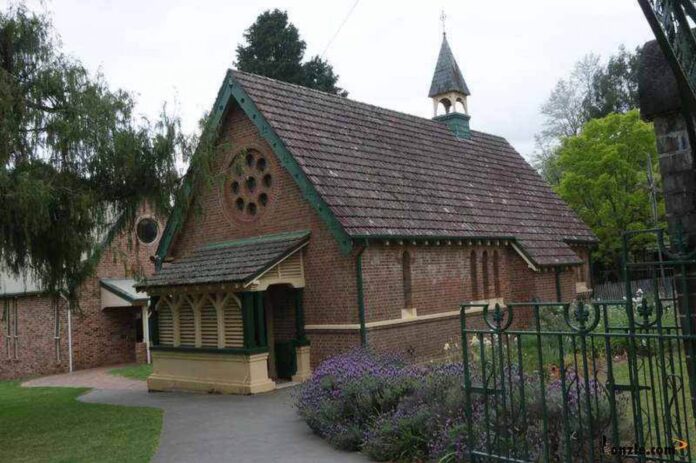Disability is something that affects us all. It is estimated that over four million people in Australia live with some form of disability. Over two and a half million people are directly involved in the unpaid care of a family member with disability. These numbers do not begin to explore the incredible burden, both physical and emotional, that comes with disability.
Disability takes many forms but may be best understood as any condition that restricts an individual’s mental, sensory or mobility function, to quote the Australian Disability Discrimination Act 1992. Disability knows no bounds; it affects all ages, genders, races, backgrounds etc. Disability may be temporary or permanent. It may be the result of misadventure, disease or genetics. Regardless of its cause, disability has an impact on the lives of many.
Sadly, many people living with disability and their carers find that the attitudes and behaviours of others add to their difficulties rather than easing them. We can often unwittingly put-up barriers that exclude and marginalise people living with a disability. Although the church has a long history in caring for the marginalised within society, we also have been guilty in excluding and side-lining people living with disability from the life of the church.
One of the ways in which the church can unwittingly marginalise people living with disabilities is in the design and construction of church buildings. Our own church in Kangaroo Valley is a good example of this. It is a beautiful and historic building, lovingly cared for and maintained by the parish for over 150 years. It is also difficult to access, acoustically compromised, and has very limited facilities for anyone who uses any kind of mobility aid. The challenge for the church is to make the building and the services we offer accessible and meaningful to all people without compromising the integrity of the church.
In order to make the church a place for everyone, including those living with disability, their families and carers, the Church of the Good Shepherd is engaging with Our Place Christian Communities. Our Place was set up to enable churches to become more disability inclusive. They provide training and resources to churches to enable them to identify and overcome the obstacles and barriers that exist in churches. Sometimes these are physical, but they may also be seen in our attitudes and behaviours.
As part of our efforts to be more inclusive of people living with disability, the Our Place Christian Communities is running a workshop in the church hall on Saturday 22 July, beginning at 1pm. Facilitated by Dr Louise Gosbell, this workshop aims to help people and churches better understand what disability is, the barriers that exist that prevent people with disability being able to participate, and what you can do to remove those barriers and become a disability inclusive community. Louise has over 15 years experience in helping churches and Christian organisations become places of inclusion and belonging for people with disability. This event is open to all and will look at a Christian understanding of disability and how we can be more inclusive. The cost for the workshop is $20 and may be booked by following the link on the Our Place Christian Communities website – www.ourplacecc.org.au/belonging/ or by contacting the Church of the Good Shepherd directly on 4465 1585.
On Sunday 23 July at both the 8:30am and 10am services, Rev Dr Kirk Patston will be preaching on what the Bible has to say about disability and weakness. Kirk and his wife Lisa are co-founders of Our Place Christian Communities. Kirk is also the Director of the Centre for Preaching and Pastoral Ministry and Lecturer in Old Testament and Practical Theology at Sydney Missionary & Bible College. Kirk, Lisa and their son Jerrah will also share from their own journey of living with disability.
Yours in Christ.
Andrew Heron


